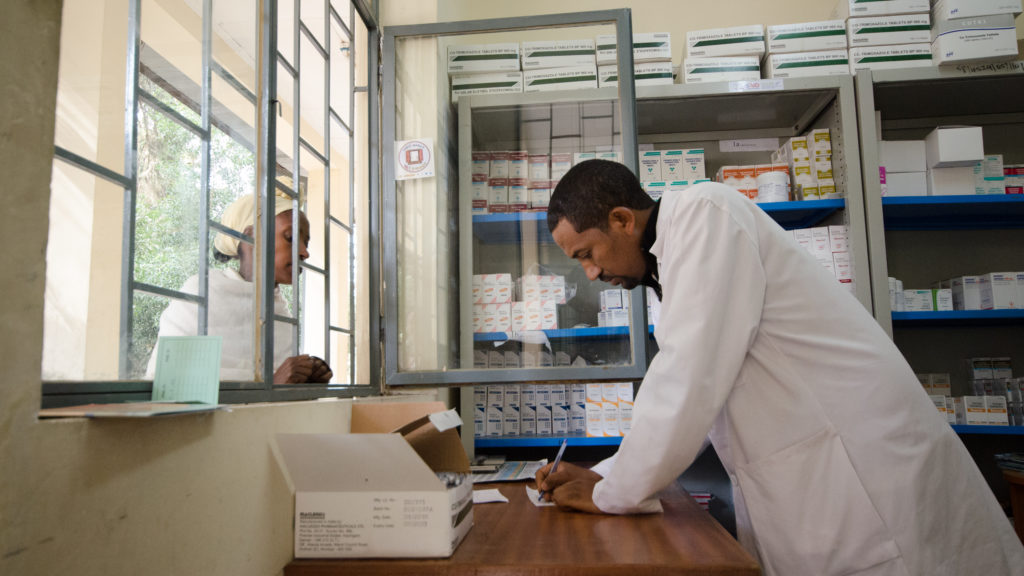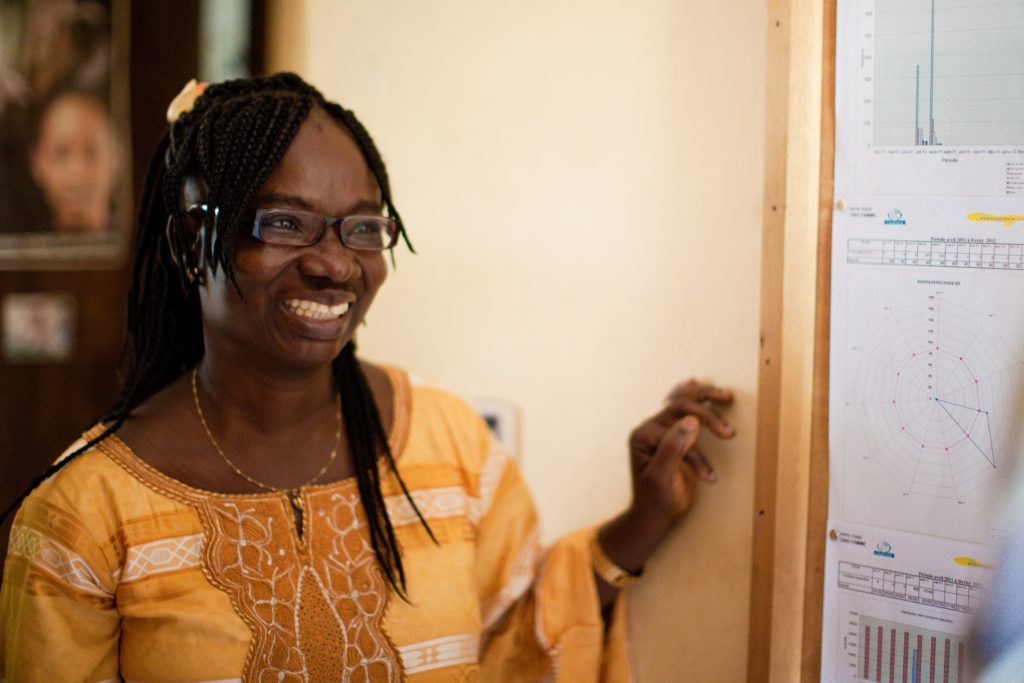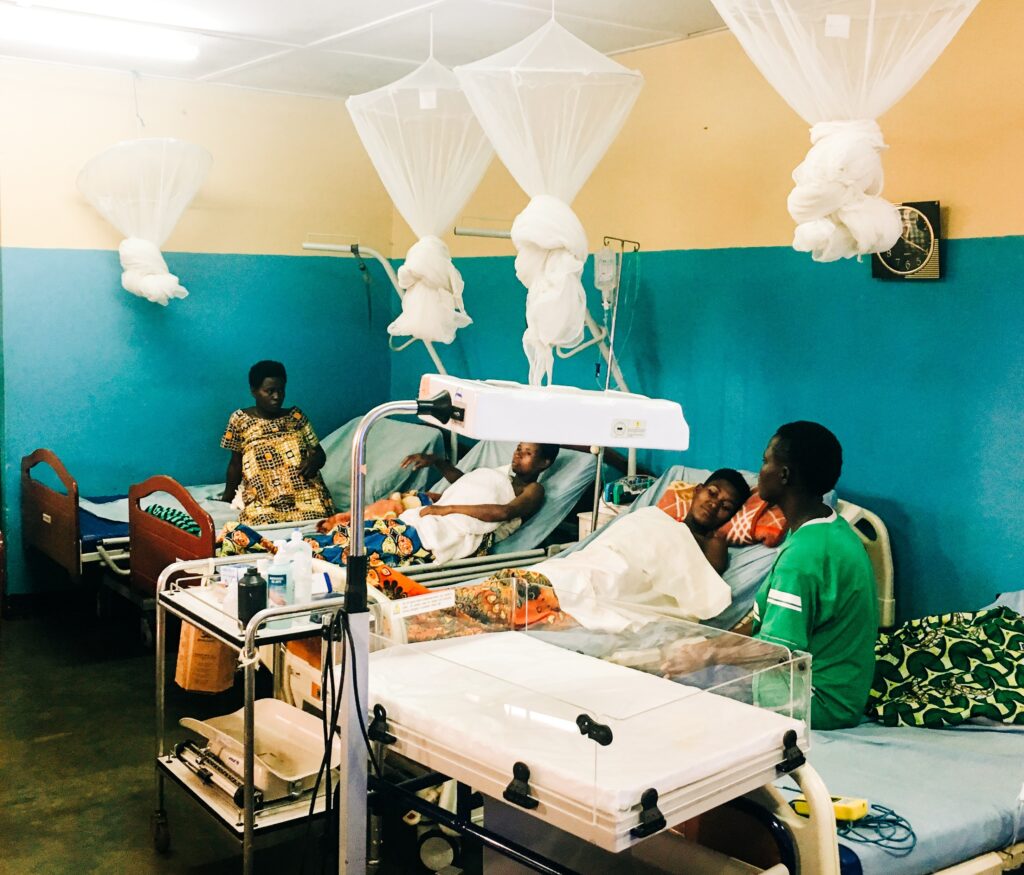Rwanda
Rwanda
In 2005, we began partnering with the Government of Rwanda toward its goal of health care reform and equitable, high-quality health care to all. Starting with performance-based financing as a key element of reform, we have helped to improve the availability, delivery, and quality of health services by strengthening financing and improving quality in the public and private health sectors.
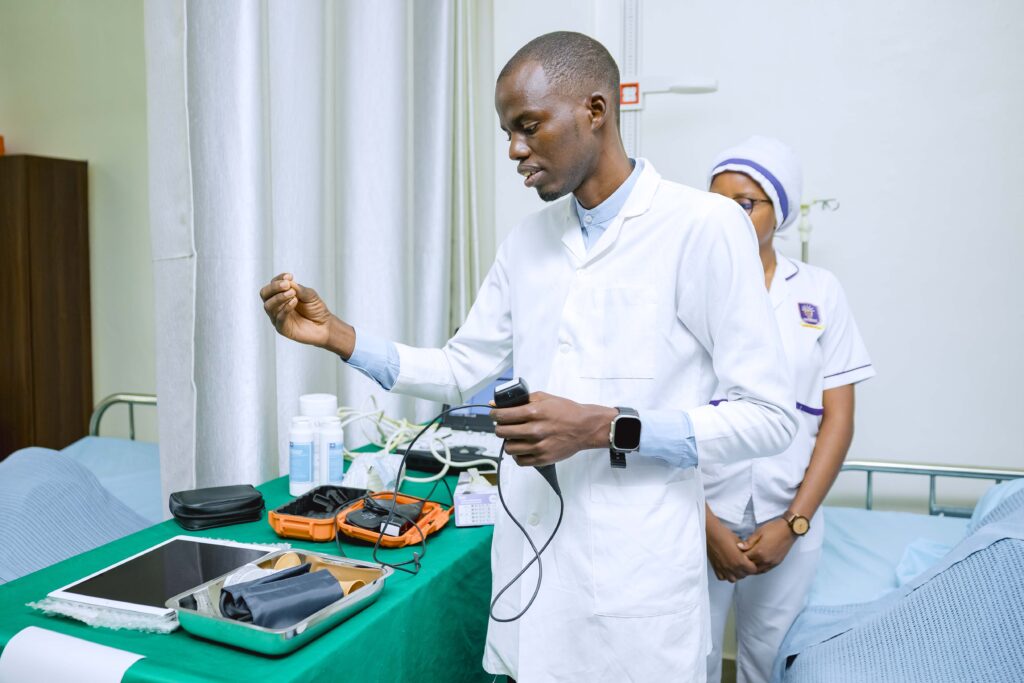
Overview
Our work has helped to enhance the resilience of Rwanda’s health sector, including bringing health insurance to more than 80% of Rwanda’s population. By addressing the challenges of human resources shortages, especially in rural areas; poor quality of services; and a high morbidity and mortality rate among women and children, our programs support the Government of Rwanda in building a sustainable health system capable of leading and managing care with a focus on health financing, human resources for health, institutional capacity, gender equity and social inclusion, and health information systems and data use.
We support effective pharmaceutical management in Rwanda by developing standards and an accreditation system for pharmaceutical services, promoting consistent use of regulatory systems, and building the capacity of the Rwanda FDA’s pharmacovigilance system. Current programmatic work is focused on strengthening leadership, resilience, and capacity at all levels of the health system to ensure sustained quality services and advance equitable health outcomes.
MSH in Rwanda
In 2005, MSH began partnering with the Government of Rwanda to help create a sustainable health system that has the capacity and resources to provide equitable, high-quality care to all. Together, we improved the safety monitoring of medicines, expanded COVID-19 testing and vaccination coverage, and promoted gender equity and social inclusion to ensure all Rwandans have access to comprehensive, quality services.
MSH Experts Discuss Digital Transformation of Rwanda’s Health System in USAID Webinar
Experts from MSH recently joined colleagues from USAID and Rwandan partners to discuss how Rwanda has digitized its health system, improving access to care for millions of patients. As part of USAID’s Health Systems Strengthening (HSS) Learning Series, participants heard about the pillars of the national strategy guiding this shift as well as innovations at the district and facility level that transformed the strategy from aspiration to reality.
Setting the Standard for Quality Care in Rwanda
Job Opportunities in Rwanda
Join us as we help solve the world’s public health challenges through innovation, dedication, and technical excellence. We are looking for talented, passionate people to join us—as employees, consultants, and interns—in advancing our mission to save lives and improve the health of the world’s poorest and most vulnerable people.

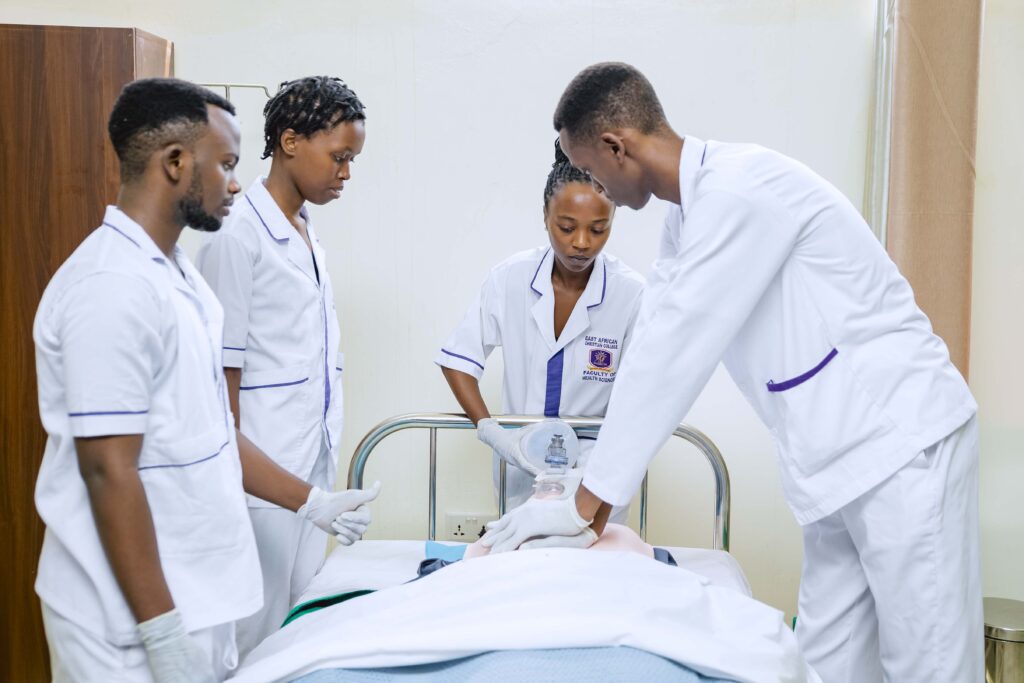
![[Adekeye Dorcas and her two children at their home in Kwara state, Nigeria.] {Photo credit: Mary Dauda/MSH}](https://msh.org/wp-content/uploads/2018/11/dscn2510-2_family_715px_1.png)
